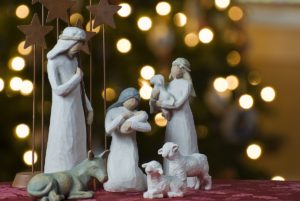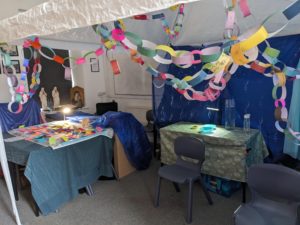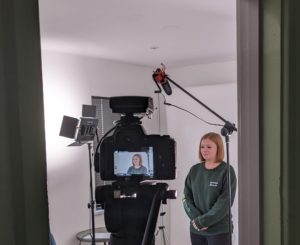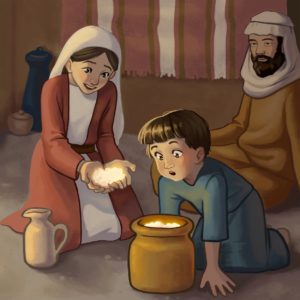
This term we have been teaching Year 7 classes the Mad, Bad, God lesson. We thought you might be interested in a bit more of a detailed overview of the lesson which Jo watched as part of her new role!
Looking at evidence of the life of Jesus, including records of his existence documented by well known historians, we can see that the fact a man called Jesus existed and did miracles is not up for debate but was He who He claimed to be? Was He mad, bad or God?
The evidence was presented by Lisa and Howard in a very engaging way with ice breaker games, visual illustrations and video clips from Alpha Youth.
It was really interesting to watch the reaction of the students. At the start of the lesson some sniggered and giggled but as the lesson went on they became more and more engrossed in what was being presented and were genuinely interested to learn more, as well as thinking about information that they have possibly never had to think about or consider before.
The students had the opportunity to voice their thoughts and questions, they had to learn to base their conclusion on the evidence presented rather than on their opinion. Likewise we were presenting the evidence rather than our own personal opinions.
The teachers were very pleased with the lesson as they said usually they don’t have time for the students to ask questions or fully discuss what they have learned, so they were pleased that the students have the opportunity to do this in the Mad, Bad, God lesson.
We have also been busy presenting the Parable of the Lost Sheep in our primary school assemblies.
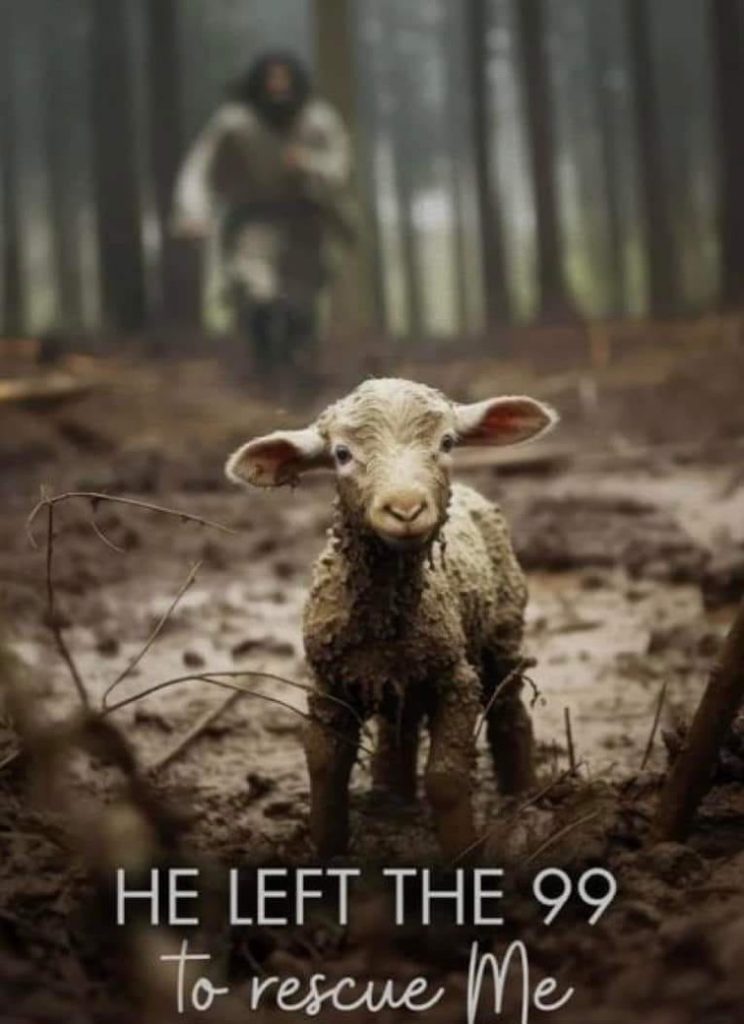
This starts with a ‘pin the tail on the sheep’ game which the children loved.
We showed on the large screen a cartoon video story of The Lost Sheep which was very much enjoyed. Lisa and Sarah talked about lost things and asked the children if they can remember losing something precious, how did they feel when it was lost? How did they feel when it was found?
There was lots of opportunity for participation which helped the children make the concept of the parable their own, easy to understand and remember.
We reminded the children that they are special, and that the lost sheep was very special to the Shepherd and that we are very special to God.
We also talked about helping other people feel special and the importance of including others and reminding ourselves of the support we have surrounding us daily. The children said who they feel is there to help them.
At one school, the teacher asked the children what they will remember from the parable of The Lost Sheep and from the assembly. Children said that they would remember that they are special and to include people.


